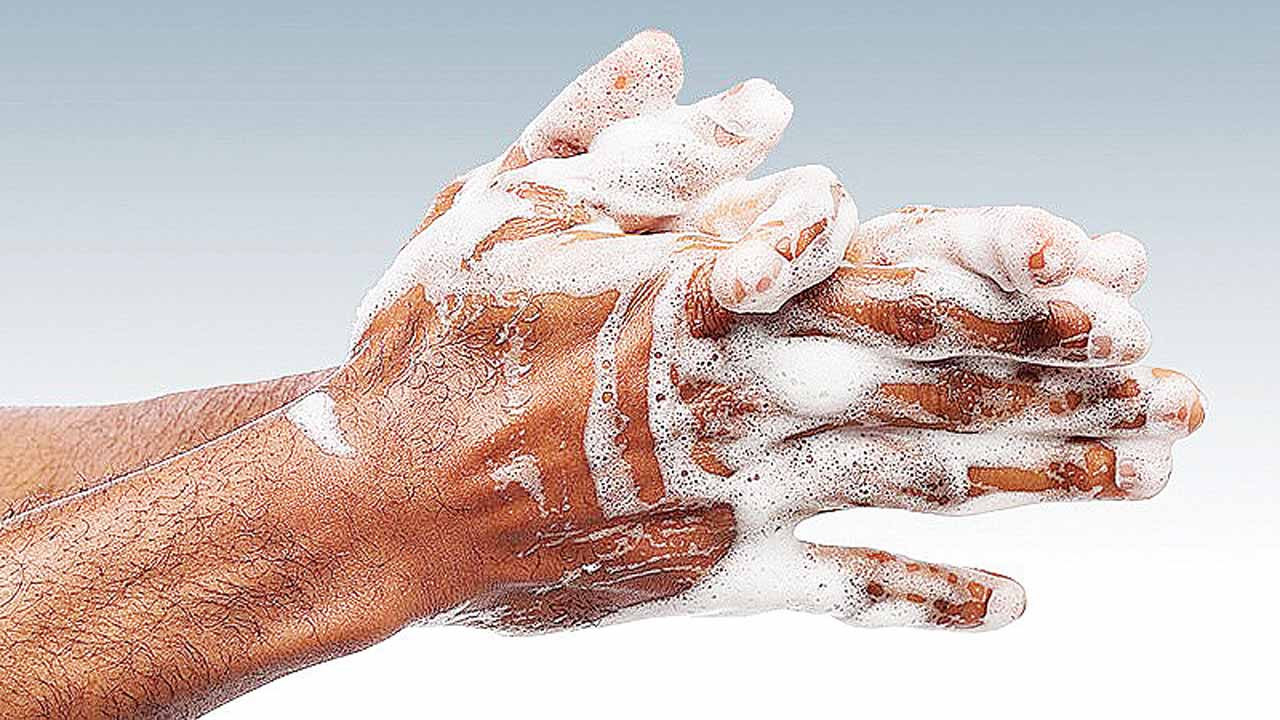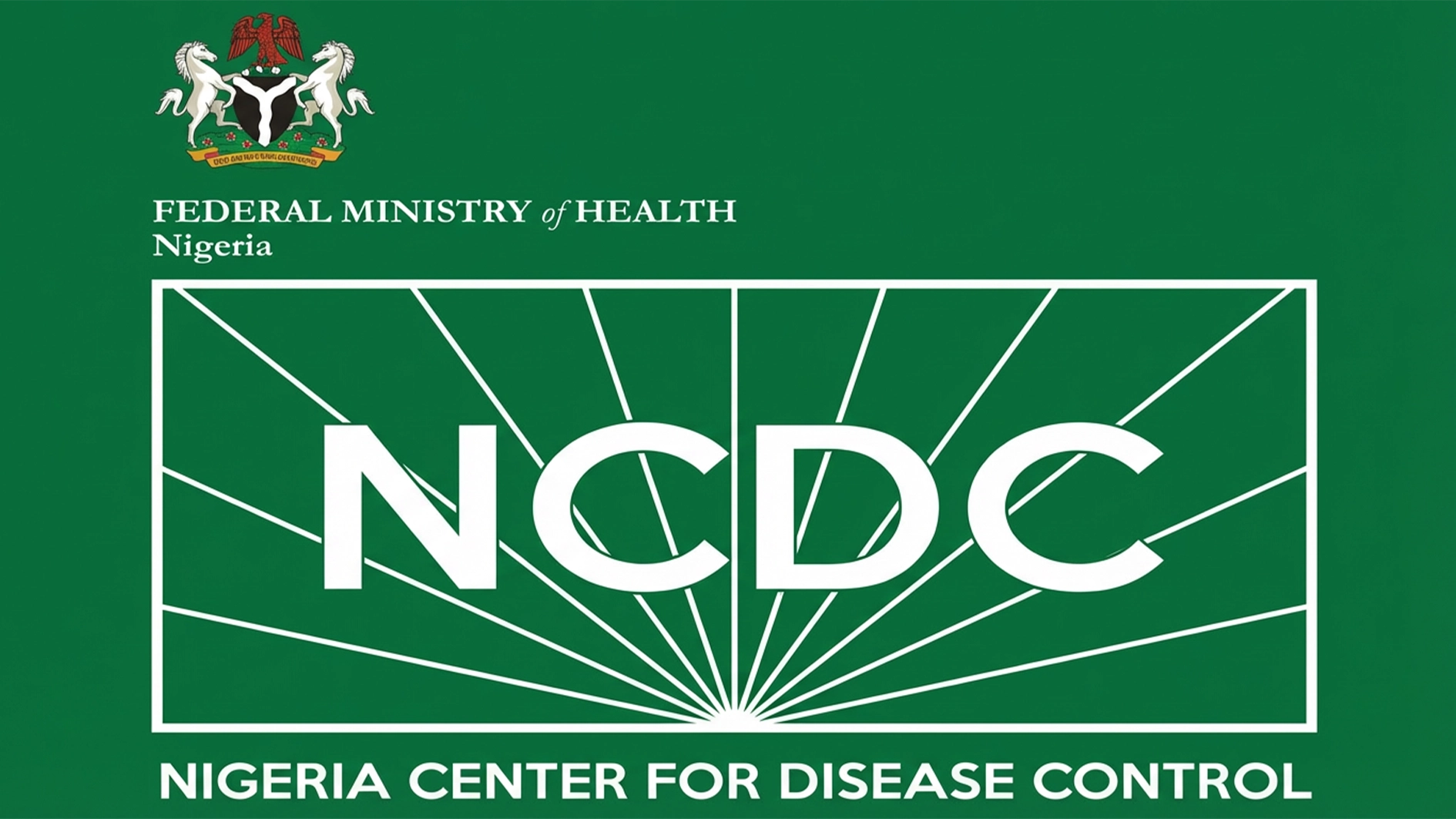
There is hope in the horizon in the quest to contain the killer coronavirus as scientists have recorded major breakthroughs.
Top on the list are: Vitamin C tackles colds as Chinese doctors test its effects on the deadly outbreak; drug made out of the blood of recovered patients developed by pharmaceutical firms amid hunt for vaccine; growing number of sufferers recovering with more than half of worldwide patients discharged from quarantine; spread of virus can be significantly slowed and even reversed through implementation of robust containment and control activities; and Spanish coronavirus patient recovers after being treated with an HIV drug that stops the deadly virus replicating.
Indeed, doctors in China are looking into the effectiveness of vitamin C supplements against coronavirus.
Also, research into new and exciting uses such as battling sepsis and memory loss is under way.
According to the report first published by Daily Mail UK, in China, a study is under way to see if high doses of vitamin C can help fight off coronavirus (officially known as COVID-19). Scientists at the Zhongnan Hospital of Wuhan University are testing its effects on 120 patients who have the virus, giving them daily infusions of 24g of vitamin C for seven days. Results have not yet been published.
The dosage being used in China is around 60 times as much as the British National Health Service (NHS) daily recommended amount and 24 times the amount trialled against colds in reviews by Cochrane.
Meanwhile, there is hope for the battle against coronavirus as growing number of sufferers are recovering with more than half of worldwide patients being discharged from quarantine.
According to the Johns Hopkins Center for Systems Science and Engineering, United States (U.S.), of the 97,841 people to have fallen ill worldwide, 53,786 – more than half, or 55 percent – have recovered.
The DailyMail.com reported that as the number of coronavirus cases increases in the US, there is another number also on the rise: patients who have recovered. There are currently more than 200 cases of the highly-contagious disease in at least US 18 states, and 11 deaths.
But at least 15 people in six states are said to have made full recoveries including six in California, four in Nebraska, two in Illinois, and one each in Arizona, Washington and Wisconsin.
According to the Nigeria Centre for Disease Control (NCDC), when a patient tests positive for COVID-19, the disease caused by coronavirus, they are either isolated at home or in the hospital until they test negative. This helps prevent the virus from being spread to others in the community.
Also, the World Health Organisation (WHO), in a statement, the global number of confirmed cases of COVID-19 has surpassed 110,000 reminded all countries and communities that the spread of this virus can be significantly slowed or even reversed through the implementation of robust containment and control activities.
The WHO said China and other countries are demonstrating that spread of the virus can be slowed and impact reduced through the use of universally applicable actions, such as working across society to identify people who are sick, bringing them to care, following up on contacts, preparing hospitals and clinics to manage a surge in patients, and training health workers.
WHO called on all countries to continue efforts that have been effective in limiting the number of cases and slowing the spread of the virus.
It noted: “Every effort to contain the virus and slow the spread saves lives. These efforts give health systems and all of society much needed time to prepare, and researchers more time to identify effective treatments and develop vaccines.
“Allowing uncontrolled spread should not be a choice of any government, as it will harm not only the citizens of that country but affect other countries as well.
“We must stop, contain, control, delay and reduce the impact of this virus at every opportunity. Every person has the capacity to contribute, to protect themselves, to protect others, whether in the home, the community, the healthcare system, the workplace or the transport system.
“Leaders at all levels and in all walks of life must step forward to bring about this commitment across society.”
The WHO said it will continue to work with all countries, partners and expert networks to coordinate the international response, develop guidance, distribute supplies, share knowledge and provide people with the information they need to protect themselves and others.
Also, scientists are getting closer to being able to treat the coronavirus using blood from patients who have recovered.
A drug-maker in Japan is already developing a drug using parts of the immune system taken from people who have caught the virus and recovered from it.
The treatment works, in theory, by putting disease-fighting proteins from recovered patients into people still battling the illness.
The sick patients’ bodies can then use these proteins – called antibodies – as if they were there own, instead of having to make them from scratch.
It has been used to tackle Ebola in the past but it could take more than one recovered patient to treat a single sick person, so will not be used for everyone.
Chinese hospitals have said they are using the therapy already but only on their own patients – there is no mass-produced drug or supply of it.
News of the development comes as a health official working in Wuhan, the Chinese city at the centre of the outbreak, said that if given the chance again they would have pushed to send more patients into intensive care sooner in their illness.
The Japanese pharmaceutical company Takeda is working on developing the immune system therapy, Stat News reported.
It is called ‘plasma-derived therapy’ because it will be based on the blood plasma of people who have recovered from the coronavirus.
Plasma is the liquid which carries blood cells, nutrients and hormones through the blood vessels, and makes up around half of all blood.
It also carries antibodies, which are proteins the body makes to destroy bacteria or viruses when they cause an infection.
The developer, Takeda, will name the treatment TAK-888 but said it could only be used on a one-to-one ratio of sick patients to recovered ones, at best.
Another company, Regeneron, is trying to make a similar treatment by working out which antibodies work against the coronavirus and developing them in a lab.
Chinese medics have already been using the treatment in their own hospitals but haven’t developed a drug that can be used more widely.
In February health authorities there put out a call for people who had recovered from the coronavirus to donate their plasma, which still carries antibodies able to fight the virus.
At least 11 patients at a hospital in Wuhan had already received plasma infusions by February 17.
Also, hopes for a coronavirus cure were raised today following reports that a patient was successfully treated using Human Immuno-deficiency Virus (HIV) and multiple sclerosis drugs in Spain.
Miguel Angel Benitez – who became the country’s first case last month – is said to have made a full recovery at the Virgen del Rocio Hospital in Seville.
The 62-year-old was treated with the antiretroviral drug lopinavir-ritonavir, sold under the brand name Kaletra, which has been used to treat HIV patients for a decade.
The tablets, known as protease inhibitor drugs, work by preventing the virus from multiplying in the blood.
Medics also injected Mr. Benitez with beta interferons, proteins which stop reduce inflammation and are used to treat MS sufferers.
The Spanish hospital has been trialling the experimental treatment for weeks in its battle against COVID-19, which has so far infected 171 people in Spain.
Head of infectious diseases at Madrid’s Ramon y Cajal hospital, Santiago Moreno, said the coornaviurs was ‘very similar to HIV’.
He added: “This enzyme is essential for the virus to replicate. The combination of lopinavir and ritonavir inhibits and blocks HIV. The results that we have so far regarding its use against coronaviruses are encouraging.”
But Spanish scientists have urged caution following Mr. Benitez’s recovery, saying it does not mean all patients will respond to the treatment.






